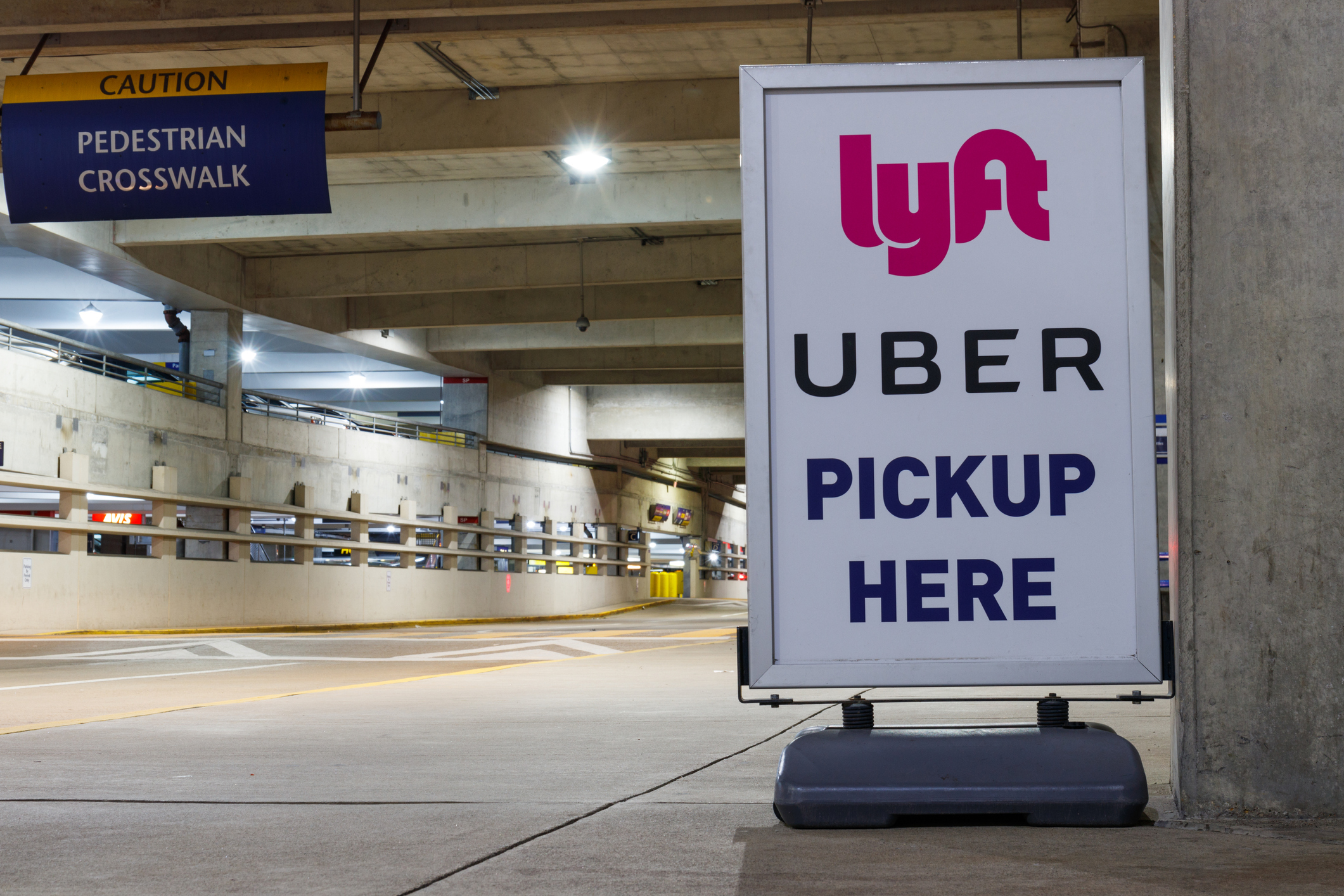On January 1st, 2020, the California Assembly Bill (or AB5) went into effect, making it much harder for businesses to classify their workers as independent contractors. Nicknamed the “gig worker law,” much of its media coverage has discussed how it affects the rideshare industry. In reality, the law has a wide-ranging impact across many industries, including the transportation and logistics industry. Moreover, other states may follow California’s lead and enact similar laws, making the issue even more critical to comprehend.
The law changes the way Californian workers are classified as either employees or independent contractors. Workers are now presumed to be employees unless they meet three firm conditions, known as the “ABC test.” To be classified as an independent contractor, the hiring entity must prove that the worker:
- A. Is free from the control and direction of the hiring entity in performing work.
- B. Performs work that is outside the usual course of the hiring entity business.
- C. Is regularly engaged in the trade the worker is hired for, independent of work for the hiring entity.
Proposition 22 – the Uber and Lyft-sponsored rebuke to AB5 – passed with a 58% majority in early November.
With the ballot measure’s passage, companies like Uber and Lyft are now exempt from treating their drivers and delivery workers as employees. However, Prop 22 isn’t a victory for all, as it does not apply to motor carriers.
Authorities in the transportation industry are still affected by AB5 and its intricacies. Of specific concern is the “B” prong of the ABC test, which prevents companies from using independent contractors who provide services in a role comparable to that of existing employees. Failure to fulfill all three factors of the ABC test mean classification as an employee, including greater labor protections such as minimum wage protections and benefits such as health care, unemployment, and sick leave.
Many experts believe that this will impede the use of owner-operator drivers. In trucking, an owner-operator is typically a self-employed commercial truck driver (or small business) that utilizes trucks to transport goods over highways for its customers. Most owner-operators contract their work with trucking companies, which would mean that these drivers are indeed performing work in the “usual course” of that trucking company.
There are many advantages to using owner-operators. These drivers have their own trucks and are individually responsible for vehicle payments and insurance. The employment of owner-operators also provides companies with the freedom to negotiate rates on a case-by-case basis and choose from a larger pool of qualified drivers. Truck fleet owners can use these advantages to build stronger, professional fleets.
A temporary restraining order currently prevents California from enforcing AB5 when it comes to the trucking industry. The injunction blocks the enforcement of AB5 against California trucking companies that contract with owner-operators. However, the hold will eventually lift, so precautions need to be taken if trucking companies wish to continue working with owner-operators.

Companies can take a few actions in preparation for the enforcement of AB5.
- Firstly, while the temporary hold remains, companies could begin working to remove owner-operators from the network of hired drivers. While they would no longer benefit from owner-operators, this is a simple way to avoid the associated hassle and complications that will likely persist moving forward.
- Alternatively, a company may choose to develop policies and procedures to allow for owner-operators to remain exempt from employee classification. This could be accomplished by ensuring that contractors either meet all three ABC test factors or fulfill one of the law’s exemptions. For example, AB5 identifies “business service providers” who provide business services to “contracting businesses” as exempt from the ABC test’s reach. Some trucking companies may aim to evade the effects of AB5 by contracting with owner-operators who have an LLC.
- It is essential to review and update important documents such as the owner-operator agreement and onboarding documentation with any of these strategies. It will also be necessary to ensure the owner-operators remain exempted throughout the completion of their contract. This will mitigate the risk of violating AB5 and associated fines and penalties.
By developing legal workarounds, companies have the opportunity to create a competitive advantage through factors such as a lower cost to transport goods and the ability to recruit and retain hard-to-find drivers efficiently. By doing so, companies will get ahead of the law’s anticipated effects – assuming control of the situation and its impact on their business.





